
WILL at 100: A century of programming for the farming world
From its first sign-on in 1922 to the present day, agricultural programming for rural audiences has been an important part of programming on WILL-AM.

From its first sign-on in 1922 to the present day, agricultural programming for rural audiences has been an important part of programming on WILL-AM.
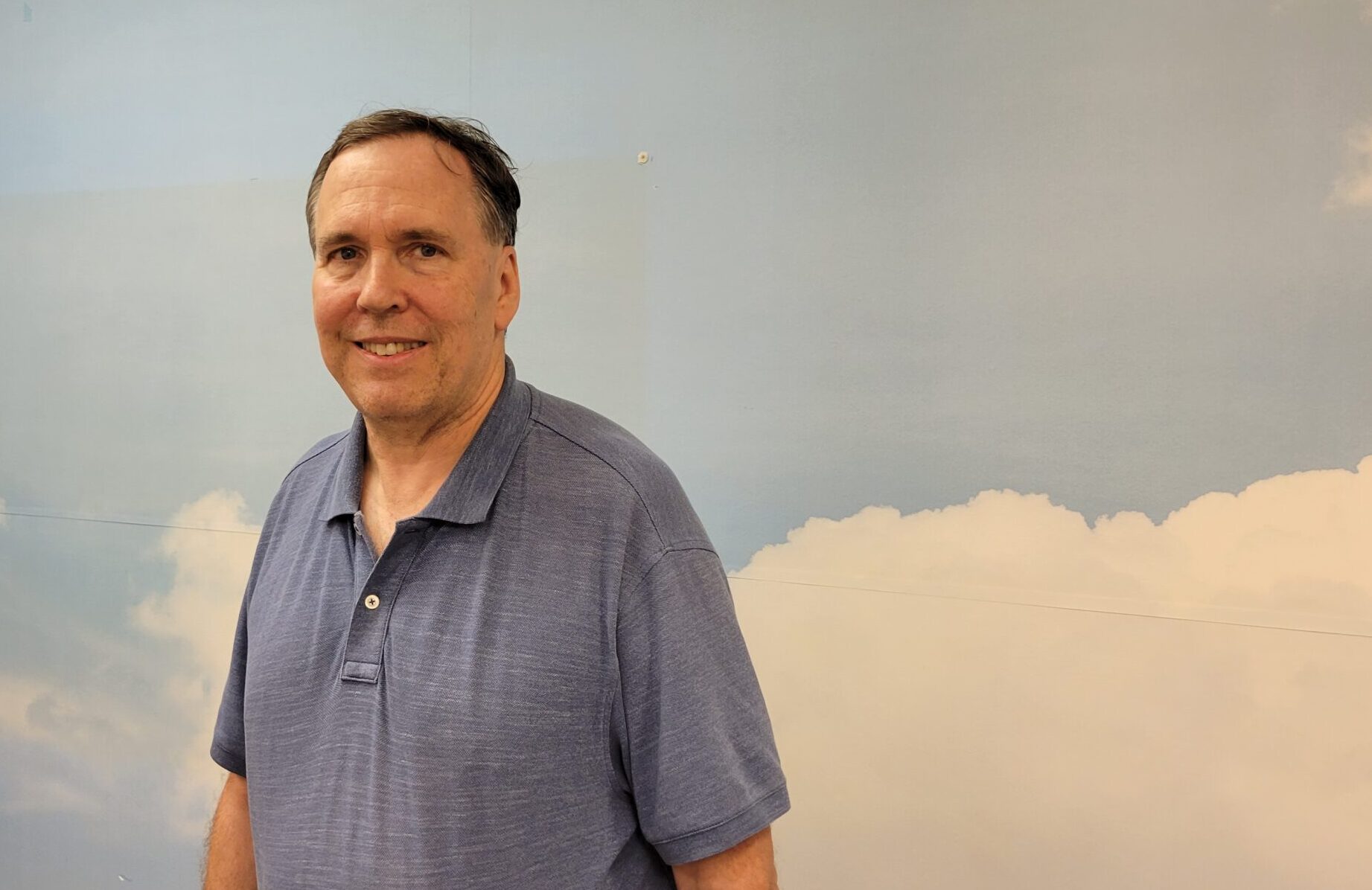
Meteorologist Ed Kieser is probably the best remembered of WILL’s weather forecasters. From 1987 until WILL disbanded its weather department in 2010, Kieser forecast the weather during news and agricultural programming on WILL Radio, and also on WILL-TV.
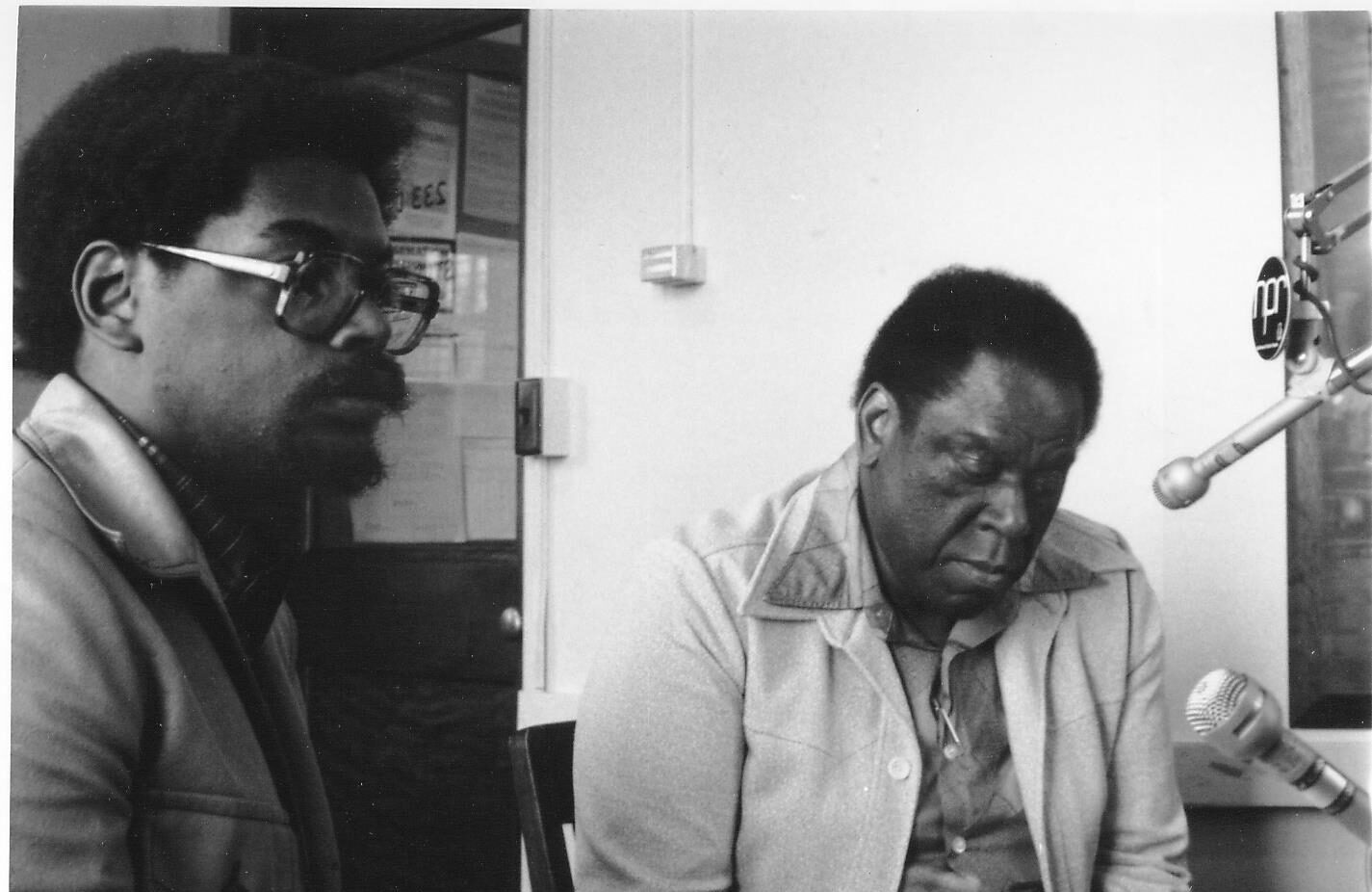
At a time when Black composers and performers were underrepresented in the classical music world, WILL-FM’s Roger Cooper filled the gap with “Classically Black”, a nationally distributed series of programs produced for Black History Month from the late 1980s until Cooper’s retirement in 2008.
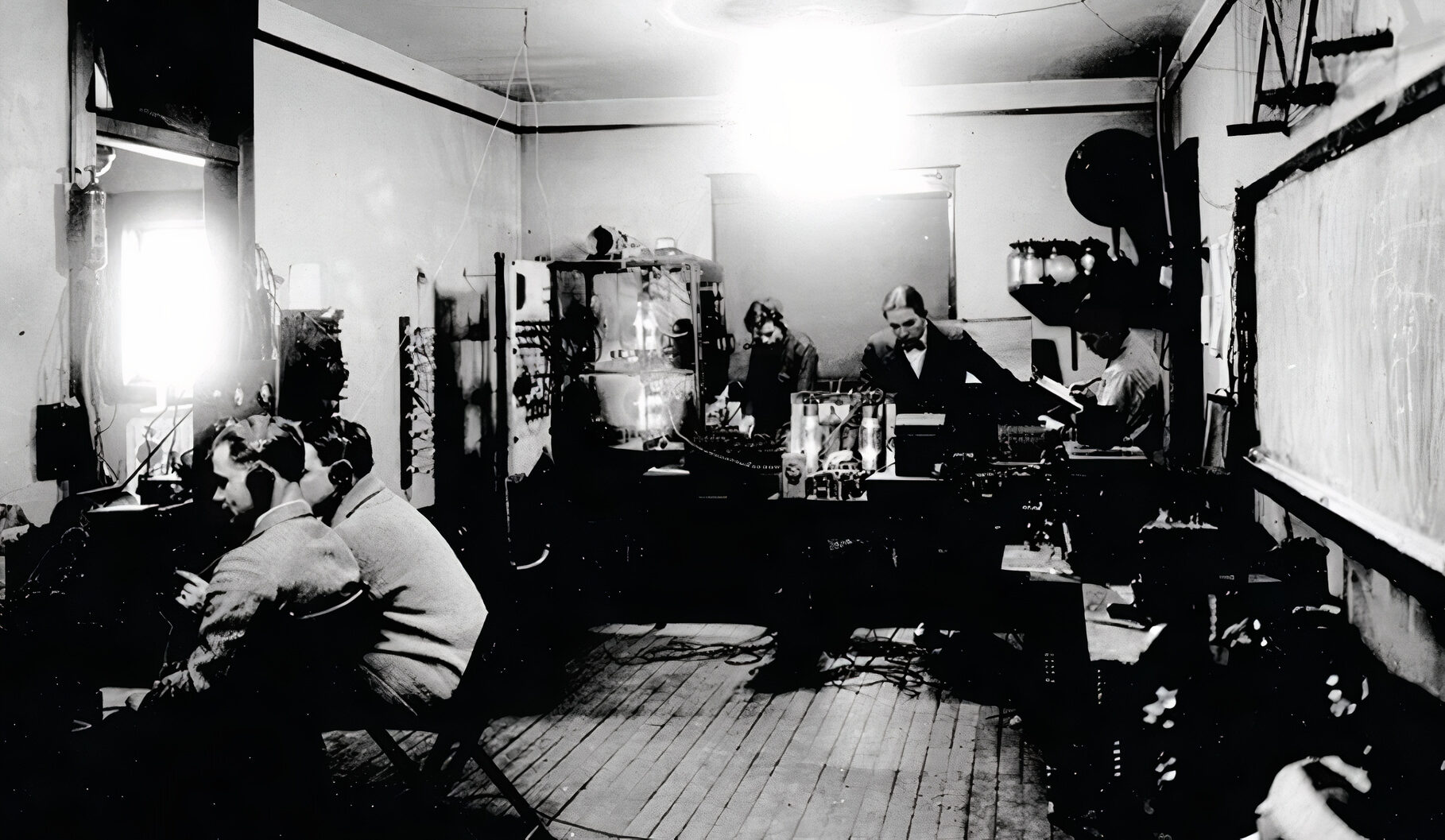
April 6, 1922, marked the first broadcast of the University of Illinois’ radio station WILL-AM, then operating as WRM. At the time, both listeners and the university were still figuring out the role of radio broadcasting in American life. In the century that followed, WILL built a program schedule dedicated to both learning and culture, expanding to FM, television and online.
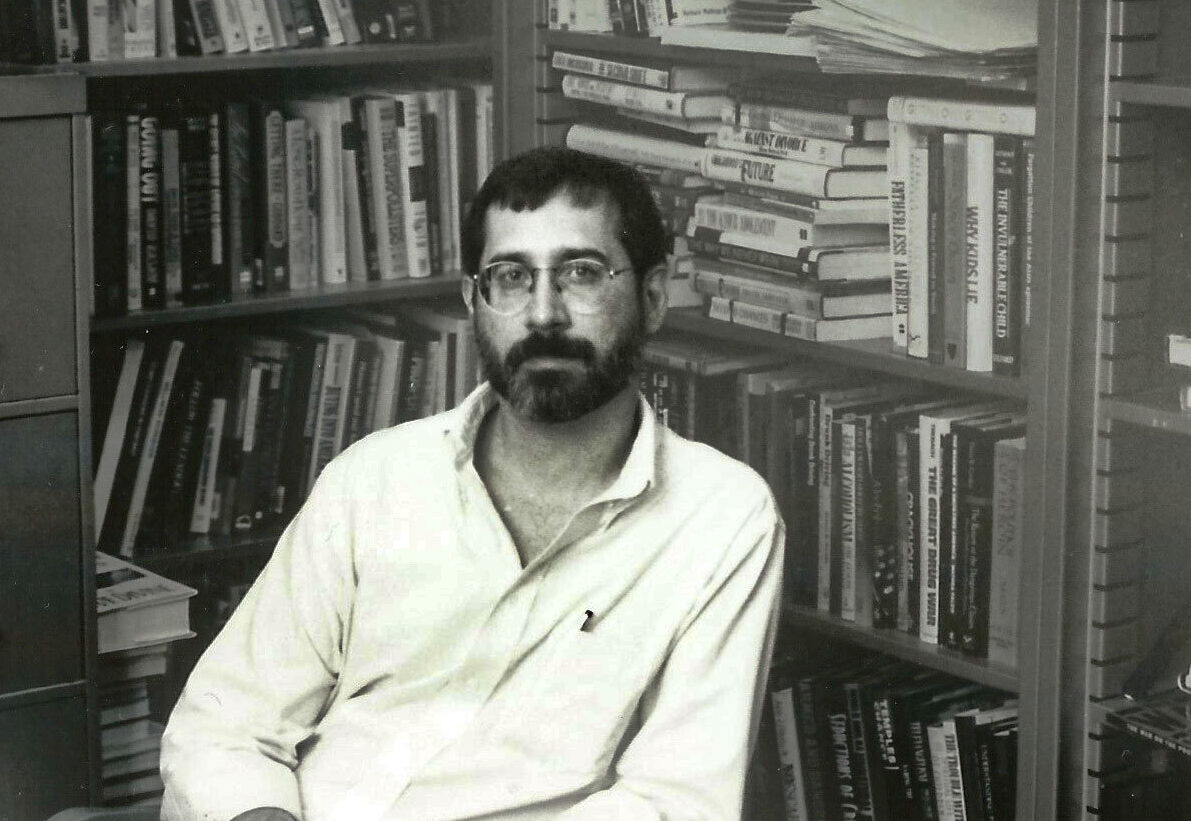
For more than 30 years, the radio talk show Focus 580 was a mainstay of the WILL-AM program schedule, during a time when national daytime programming for public radio was scarce. The weekday program featuring host David Inge kept its listeners in touch with their local community and with the world.
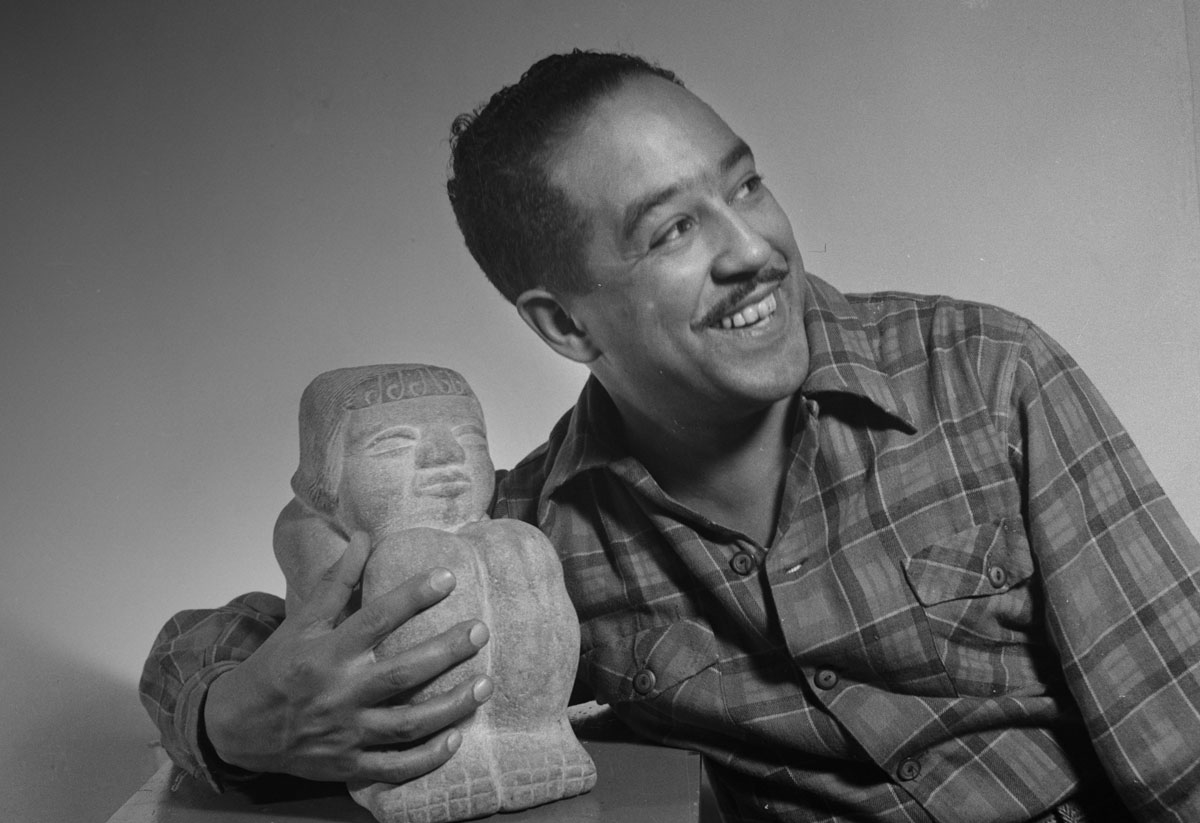
The WILL Radio archives include hundreds of hours of recorded programs captured on acetate discs from the 1940s and 50s, including a 1957 reading at the University of Illinois by 20th century African-American poet Langston Hughes. Jameatris Rimkus, an archivist the University of Illinois Library, tracked down the mislabeled discs, rescuing them from obscurity.
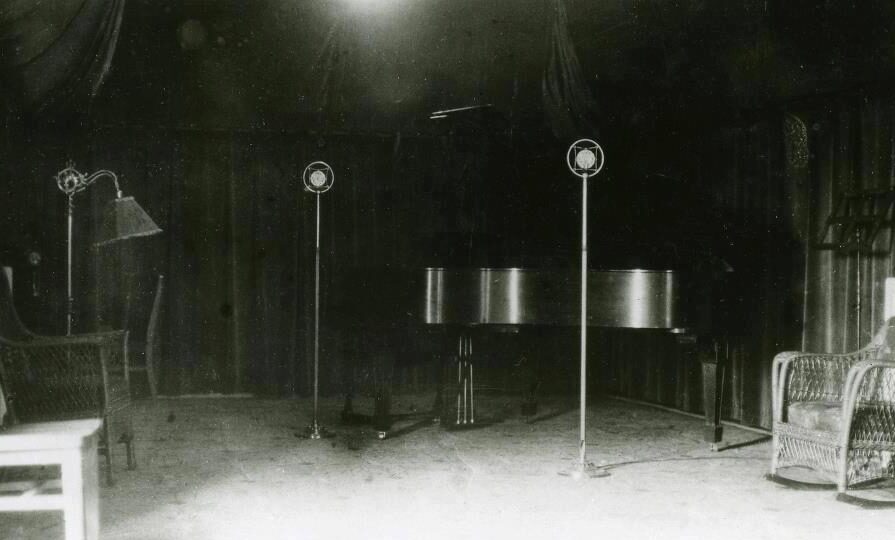
2022 marked the 100-year anniversary of WILL-AM, the oldest component of Illinois Public Media. The University of Illinois launched the station at a time when the idea of using radio to reach a mass audience was new and cutting edge. Over the century to come, WILL became a national leader in educational broadcasting, and more recently, public broadcasting.